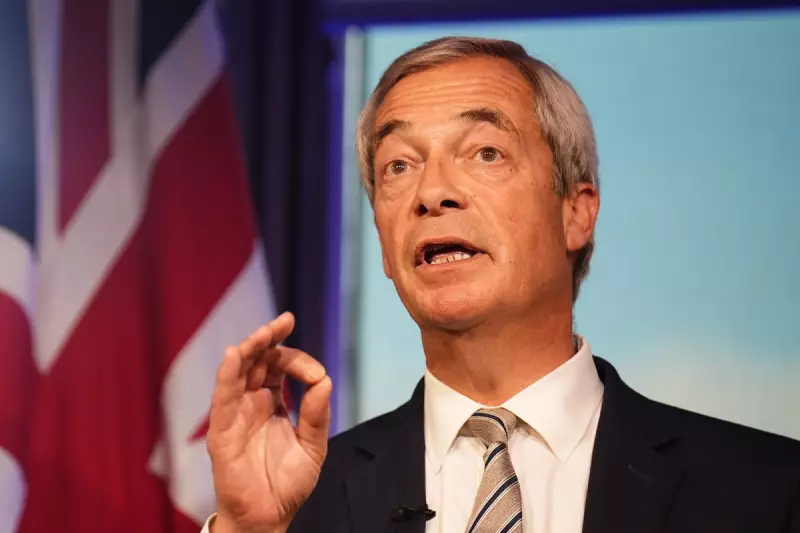
In a bold move set to shake up Britain's political landscape, Nigel Farage's Reform UK has unveiled a controversial blueprint for transforming the National Health Service. The party's manifesto promises nothing short of a healthcare revolution that could fundamentally change how Britons access medical treatment.
The Private Healthcare Incentive
At the heart of Reform UK's proposal lies a contentious plan to offer tax relief on private medical insurance and private medical bills. This initiative aims to encourage more Britons to seek healthcare outside the NHS, potentially reducing the burden on the state-funded system.
Critics have immediately sounded alarm bells, warning this could create a two-tier healthcare system where those who can afford private care receive faster treatment, while others face lengthening NHS waiting lists.
NHS Overhaul: The Core Changes
Beyond the private insurance incentives, Reform UK's manifesto outlines several key reforms:
- Scrapping NHS waiting lists by allowing patients to seek private treatment if not seen within three months
- Creating a government-funded medical vouchers system for those unable to access timely NHS care
- Implementing digital health reforms to streamline patient access and reduce bureaucracy
- Establishing a voluntary insurance model for those preferring private healthcare options
Political Firestorm Erupts
The proposals have ignited fierce debate across the political spectrum. Health policy experts question the feasibility of implementing such sweeping changes, while patient advocacy groups express concerns about equity in healthcare access.
Mr Farage, who recently took over as Reform UK leader, has positioned these reforms as essential for saving what he calls a "broken" NHS. He argues that without radical change, the health service risks complete collapse under current pressures.
Election Battle Lines Drawn
With the July 4th general election rapidly approaching, healthcare has emerged as a key battleground issue. Reform UK's proposals present a stark contrast to both Conservative and Labour healthcare plans, offering voters a clear alternative vision for the future of Britain's most cherished institution.
The coming weeks will reveal whether voters are ready to embrace such dramatic changes to the NHS, or whether they'll prefer more evolutionary approaches proposed by other parties.





